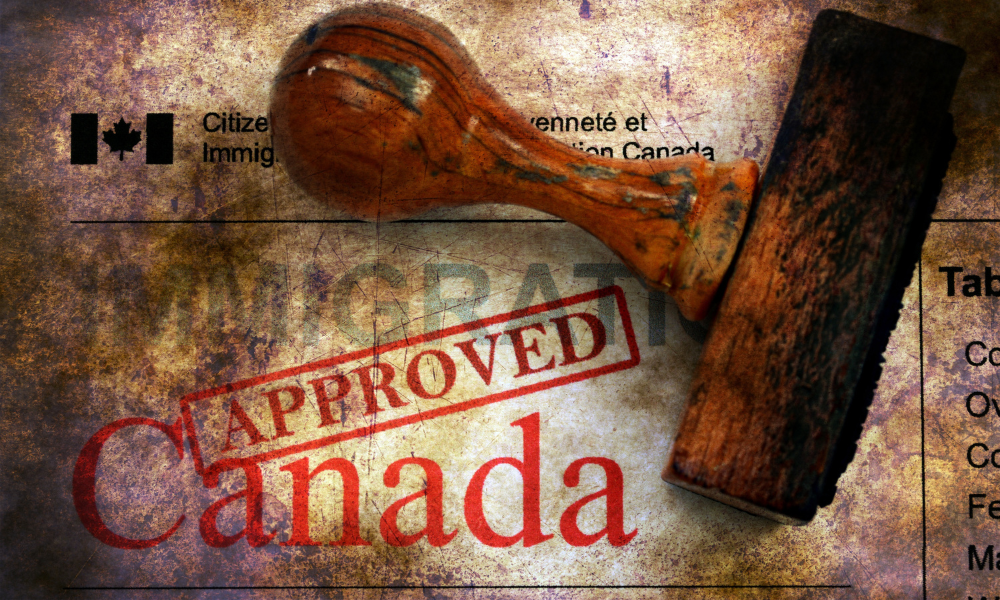In Delrina Corporation v. Triolet Systems Inc. and Brian Duncombe, the Ontario Court of Appeal delivered judgment on March 1, 2002 in the first case to be decided at the appellate level in Canada that addresses the principles for determining entitlement to and scope of copyright in computer programme software.
Brian Duncombe was a skilled computer programmer, particularly with respect to software for programmes for performance monitors for Hewlett-Packard computers. In the mid-1980s, Duncombe was employed by Carolian Systems (since acquired by Delrina Corporation). While employed by Carolian, he completely rewrote Carolian’s software for its performance monitor programme. He left Carolian in 1985 and formed his own company, Triolet Systems Inc., and developed a performance monitor, along with software, for Hewlett-Packard computers, to compete in the market with Carolian’s programmes.
Carolian sued Duncombe and Triolet. Carolian asserted that it owned the copyright in the performance monitor programme and its software and that Duncombe had copied Carolian’s software in creating his own programme and therefore had infringed Carolian’s copyright. Duncombe and Triolet denied all allegations of copying and of copyright infringement.
In early 1987, Carolian obtained an interlocutory injunction that prevented Duncombe and Triolet from entering the lucrative market for performance monitors until the conclusion of the trial. In 1993, Mr. Justice O’Leary held that Duncombe and Triolet had not copied Carolian’s software and had not infringed Carolian’s copyright, and therefore dissolved the injunction.
In 1998, there was a further trial before Mr. Justice O’Leary as to the damages suffered by Duncombe and Triolet as a result of the injunction. Duncombe and Triolet were awarded damages of approximately $6.9 million. Together with interest and legal costs the total award was approximately $12 million. Both the liability judgment and the damages judgment were upheld, in full, by the court.
Central to the court’s reasoning was its finding that the programmes in question were largely “functional” in nature; they were not purely artistic creations, but rather were designed to accomplish a technical and commercial purpose and to compete with each other in the marketplace. The functional nature of the programmes diminishes the extent to which copyright can attach to either of them. The programmes would be expected to be similar rather than unique and, therefore, no copyright would attach.
F. Paul Morrison and Barry Sookman of McCarthy Tétrault LLP (as counsel to T. James Treloar), and T. James Treloar represented Triolet and Duncombe on the appeal. Nigel Campbell, Anthony Prenol and George Fisk of Blake, Cassels & Graydon LLP represented Delrina (c.o.b. as Carolian) on the appeal.
Brian Duncombe was a skilled computer programmer, particularly with respect to software for programmes for performance monitors for Hewlett-Packard computers. In the mid-1980s, Duncombe was employed by Carolian Systems (since acquired by Delrina Corporation). While employed by Carolian, he completely rewrote Carolian’s software for its performance monitor programme. He left Carolian in 1985 and formed his own company, Triolet Systems Inc., and developed a performance monitor, along with software, for Hewlett-Packard computers, to compete in the market with Carolian’s programmes.
Carolian sued Duncombe and Triolet. Carolian asserted that it owned the copyright in the performance monitor programme and its software and that Duncombe had copied Carolian’s software in creating his own programme and therefore had infringed Carolian’s copyright. Duncombe and Triolet denied all allegations of copying and of copyright infringement.
In early 1987, Carolian obtained an interlocutory injunction that prevented Duncombe and Triolet from entering the lucrative market for performance monitors until the conclusion of the trial. In 1993, Mr. Justice O’Leary held that Duncombe and Triolet had not copied Carolian’s software and had not infringed Carolian’s copyright, and therefore dissolved the injunction.
In 1998, there was a further trial before Mr. Justice O’Leary as to the damages suffered by Duncombe and Triolet as a result of the injunction. Duncombe and Triolet were awarded damages of approximately $6.9 million. Together with interest and legal costs the total award was approximately $12 million. Both the liability judgment and the damages judgment were upheld, in full, by the court.
Central to the court’s reasoning was its finding that the programmes in question were largely “functional” in nature; they were not purely artistic creations, but rather were designed to accomplish a technical and commercial purpose and to compete with each other in the marketplace. The functional nature of the programmes diminishes the extent to which copyright can attach to either of them. The programmes would be expected to be similar rather than unique and, therefore, no copyright would attach.
F. Paul Morrison and Barry Sookman of McCarthy Tétrault LLP (as counsel to T. James Treloar), and T. James Treloar represented Triolet and Duncombe on the appeal. Nigel Campbell, Anthony Prenol and George Fisk of Blake, Cassels & Graydon LLP represented Delrina (c.o.b. as Carolian) on the appeal.




